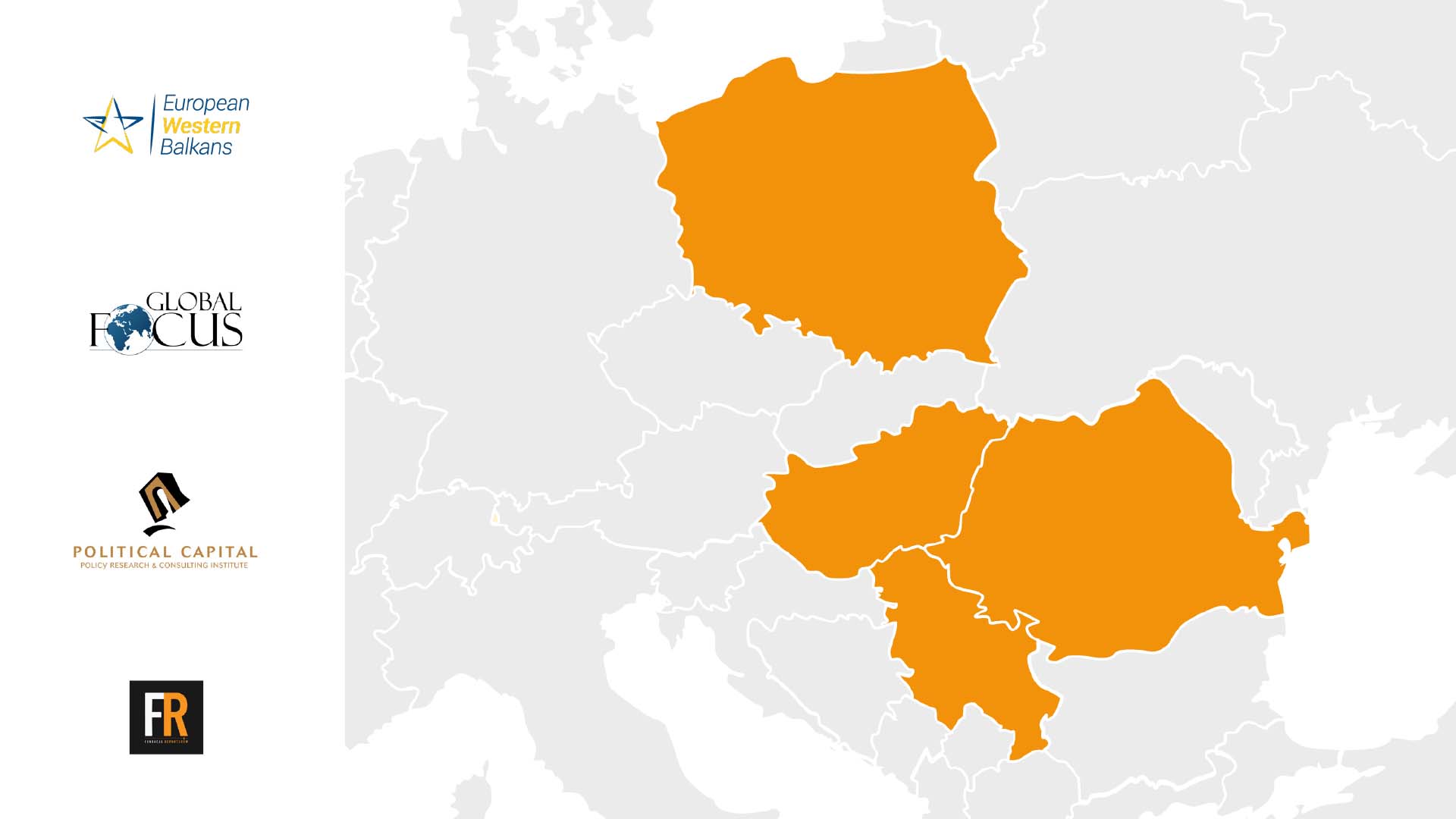Policy Recommendations
- Regional organisations should collect information on existing youth projects (e.g. the Regional Youth Cooperation Office and the Youth Initiative for Human Rights) and relevant funding possibilities to better disseminate the available information to a broader audience within the EU and across the Western Balkan region. These organisations should also act as contact points for interested audiences.
- Fostering reconciliation, dismantling old animosities, and establishing trust by providing exchange possibilities, needs to be further promoted. The ERASMUS Programme should fully include all Western Balkan countries, hence changing the status to programme countries for all.
- The focus of the Interreg-IPA Cross-border Cooperation Programme Hungary-Serbia should move to areas that are of main importance for fulfilling the technical requirements for the EU accession process, such as the rule of law, and providing information on the main logic of democratic processes.




